Indigenous Governance Database
citizenship rights
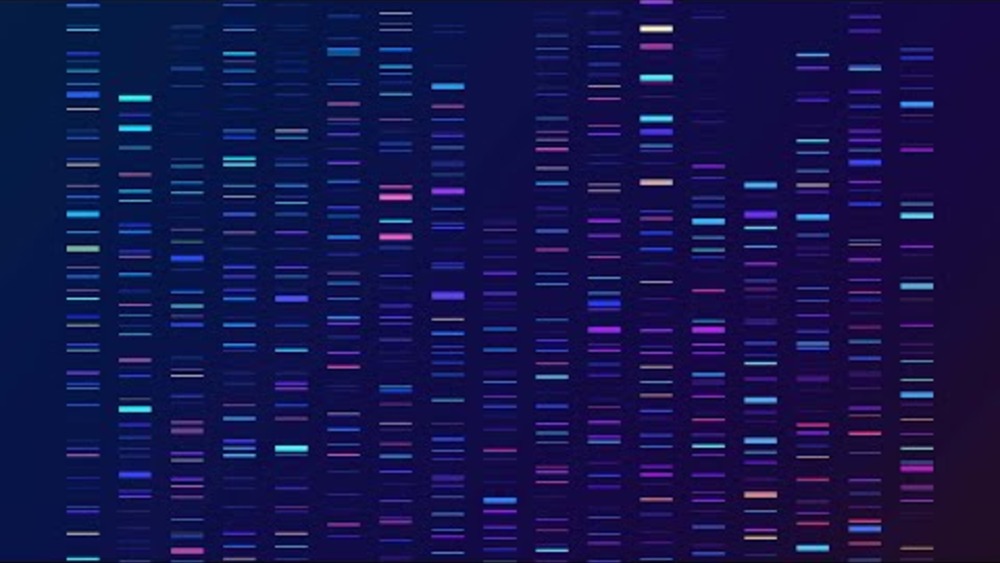
Blood Quantum and Sovereignty
"Blood Quantum and Sovereignty" is a beginner-level conversation focused on why blood quantum is controversial, as well as how it came to be used as an enrollment and citizenship criteria for Native nations. Produced and recorded by Native Governance Center on March 30, 2022. Featuring: Wayne…
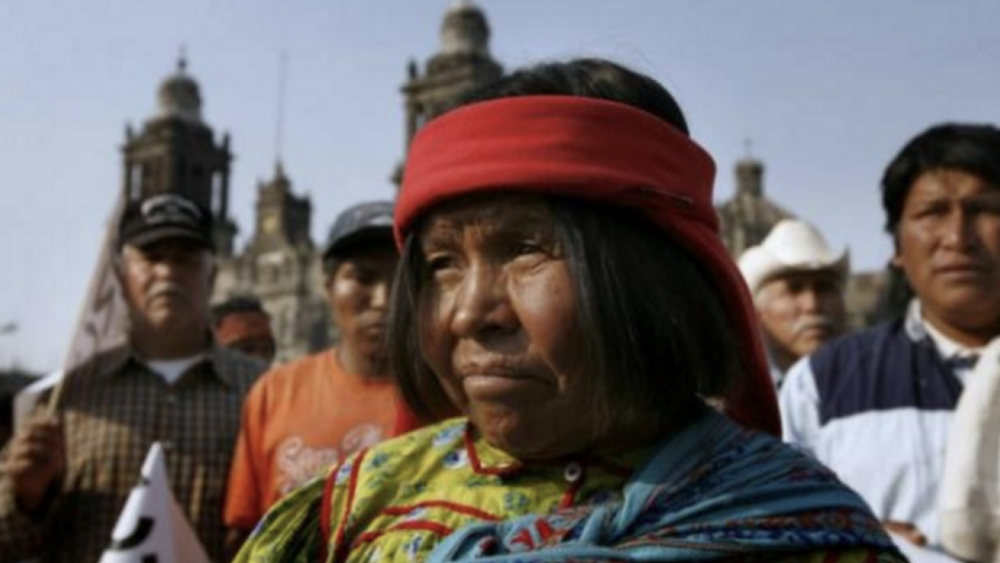
Preserving Indigenous Democracy
When Europeans first came to the Americas they took note of the democratic processes they observed in most indigenous nations. Indigenous political relations were usually decentralized, consensus based, and inclusive. Indigenous democracies may not seem remarkable by contemporary standards, but…
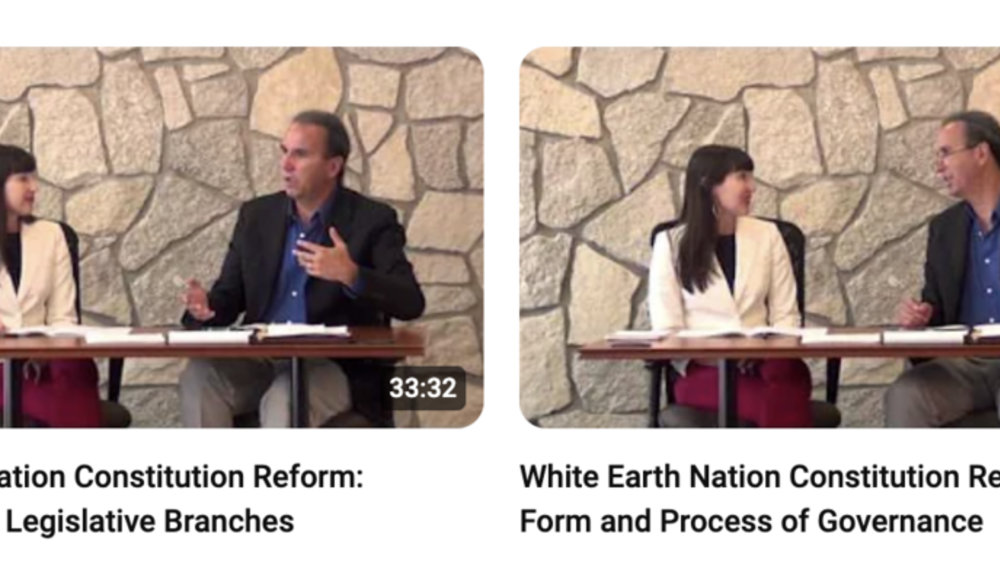
Videos: White Earth Nation Constitutional Reform
As part of its ongoing process of educating the White Earth people and others about White Earth's proposed new constitution, White Earth Nation's Constitutional Education Team produced several videos for White Earth citizens to view in order to gain a better understanding of the key governance…
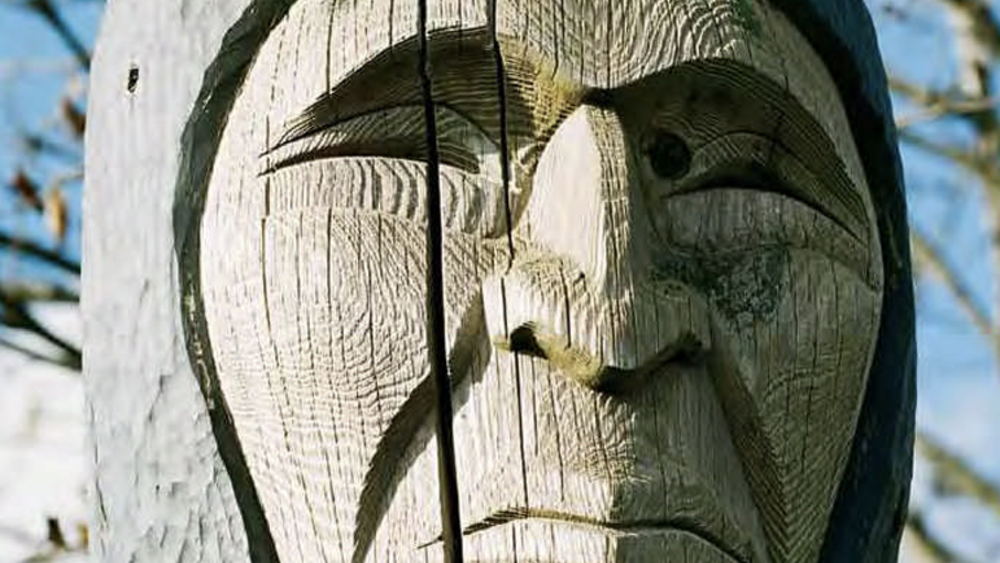
A Guide to Community Engagement
In this third part of the BCAFN Governance Toolkit: A Guide to Nation Building, we explore the complex and often controversial subject of governance reform in our communities and ways to approach community engagement. The Governance Toolkit is intended as a resource for First Nations leadership. It…
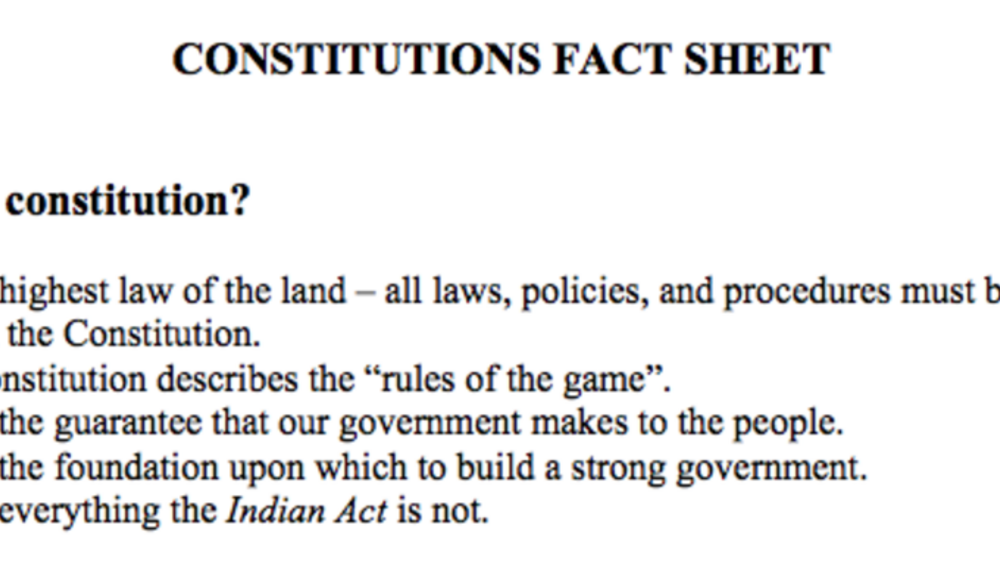
Constitutions Fact Sheet
The National Centre for First Nations Governance developed this quick reference for Native nations who are discussing constitutions and constitutional reform.
